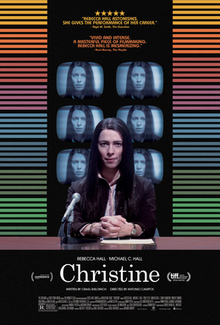
I am a camera with its shutter open, quite passive, recording, not thinking. In the 1950s the writer Christopher Isherwood visits his London club and discovers that he has arrived in the middle of a book launch by a woman called Sally Bowles and regales his friends with stories of their life together just before the Nazis ascend to power in 1930s Berlin. Chris (Laurence Harvey), an aspiring novelist from England and ‘confirmed bachelor’ meets vivacious cabaret entertainer Sally Bowles (Julie Harris) at a nightclub where she’s performing her act and an unusual friendship is born. She moves into his boarding house and their lives become inextricably intertwined as he struggles to write and she tries to make her way with men, a ‘future would-be film star’ as she tells the landlady (Lea Seidl). As Sally feeds her extravagant tastes, Chris goes along for the ride and they are financed by American Clive Mortimer (Ron Randell) until their pal, Fritz (Anton Diffring), encounters trouble after ingratiating himself with Natalia Landauer (Shelley Winters) the daughter of a wealthy department store owner and confesses he himself has been concealing his Judaism. Meanwhile the Nazis bully people on the streets prior to a popular election result … Adapted from the play by John Van Druten, itself based on Goodbye to Berlin, part of the memoirs of writer Christopher Isherwood, this story also served as the inspiration for the later acclaimed musical Cabaret which Bob Fosse turned into a garish and extraordinary fascist-baiting extravaganza. This adaptation by John Collier of Van Druten’s play is of an altogether more modest variety but is entertaining for all that – the charming Harvey (I’m prejudiced, I love him) and the winsomely over the top Harris are wonderful together in their drab bedsits as they try to make their lives fit their pretensions. The treatment got a lot of criticism at the time and you might even be vaguely shocked by what Sally does in the aftermath of her abortion which is characterised as a false pregnancy here. It still ran into censorship problems because there are no moral lessons. Isherwood himself didn’t like it at all and believed Harris to have been ‘mis-directed’ (she had won the Tony for the role on Broadway) but it was his life of course so he could say what he liked. (Me no Leica.) Watch for Patrick McGoohan as a Swedish Water Therapist! Directed by Henry Cornelius.














































